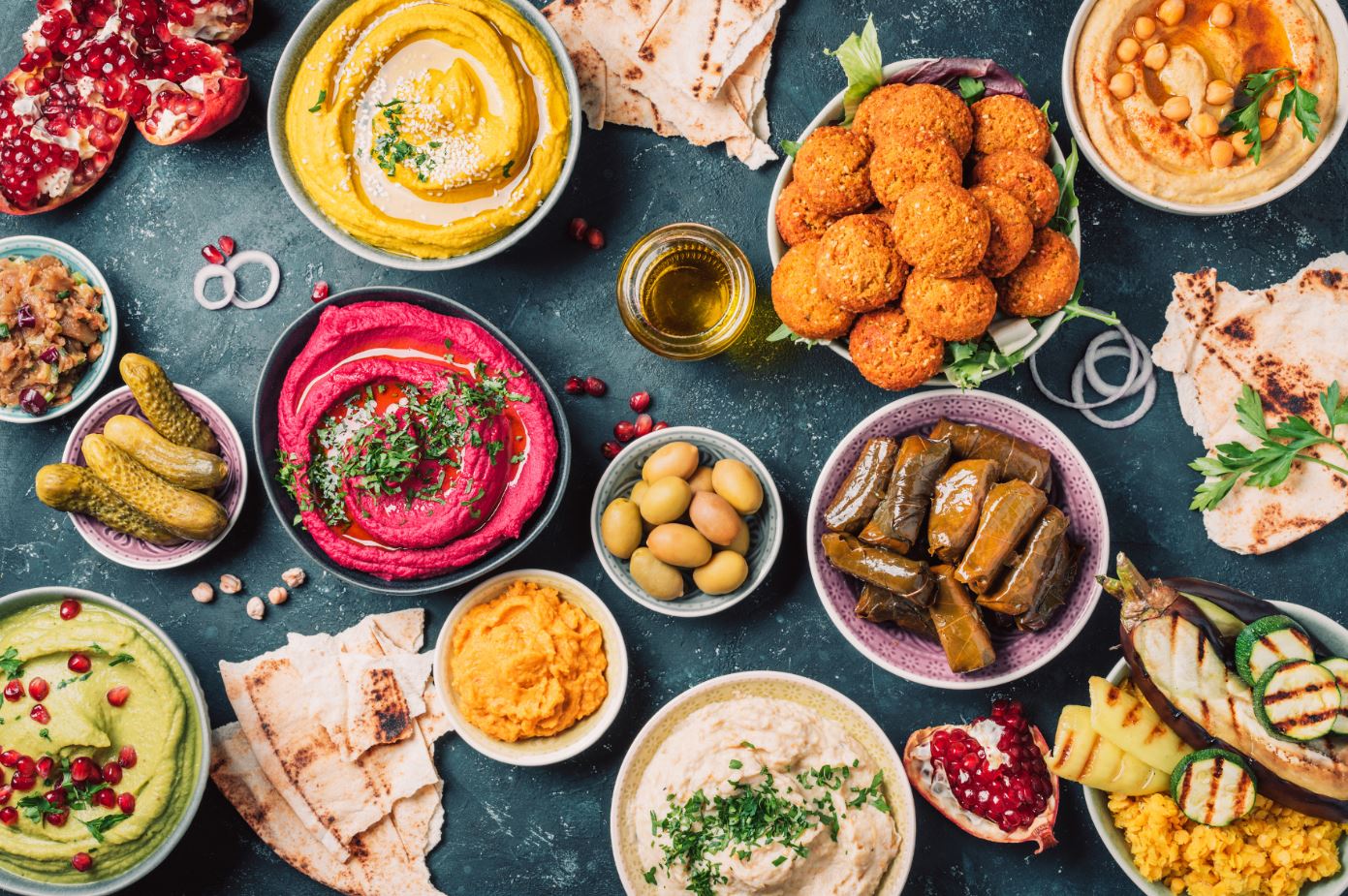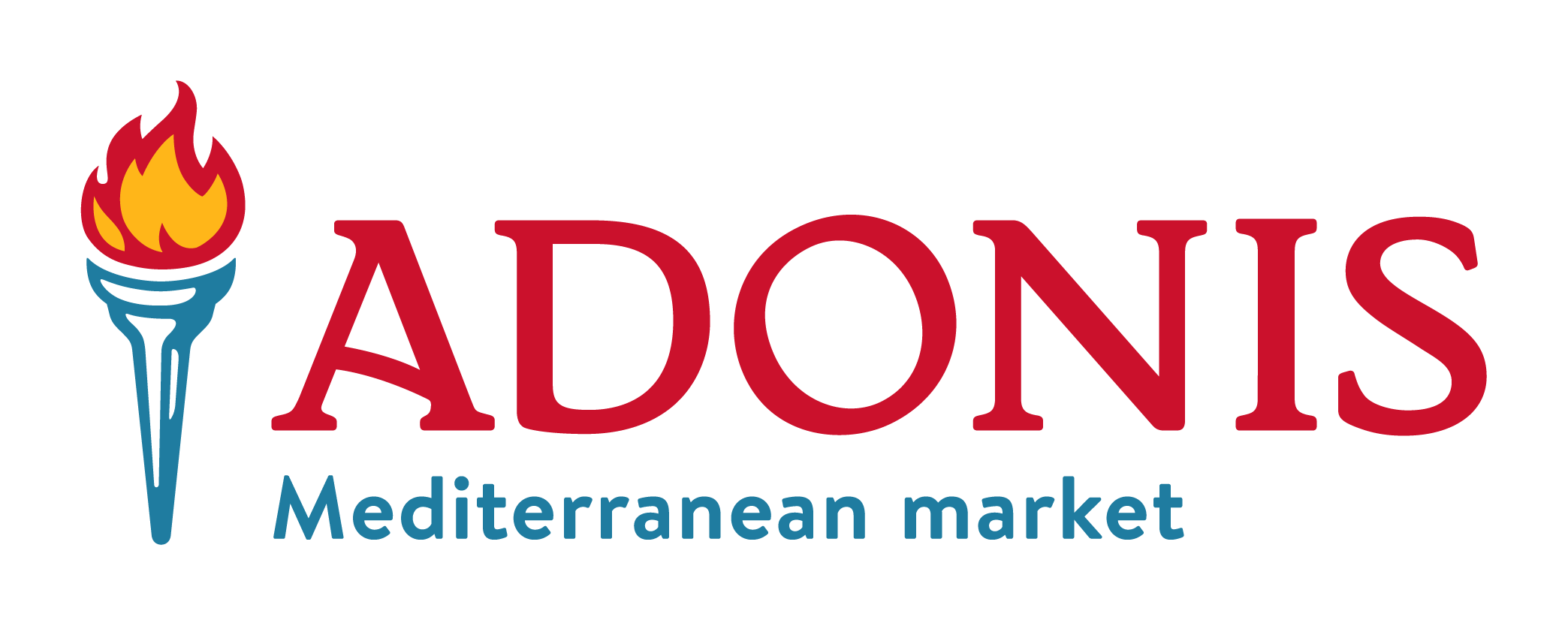Eating Well Without Compromising With the Mediterranean Diet
Don’t worry, the Mediterranean diet is not the kind of diet that forces you to eat plain food! Instead, it focuses on consuming fresh foods, like fruits, vegetables , legumes, nuts , aromatic herbs and, of course, olive oil. The Mediterranean diet is more of a lifestyle than a diet, it focuses on the joy of eating, exercising and the variety and freshness of the food.
Common in countries bordering the Mediterranean Sea, from Portugal to Morocco, Spain, Italy and Greece, the Mediterranean diet puts the local and seasonal food in the spotlight. Among them:
- Fruits and vegetables
Apples, apricots, avocados, cherries, citrus, dates, figs, grapes, melons, pears, peaches, olives, cucumbers, tomatoes, peppers, onions, zucchinis, eggplants, garlic, cabbage, carrots, etc.
- Legumes, nuts and seeds
Beans, chickpeas,peas, lentils, pistachios, cashews, Grenoble walnuts, Brazil nuts, almonds, pecans, sesame butter, sesame seeds, etc.
- Cereals and whole grains
Durum semolina, quinoa, oats, barley, brown rice, corn, buckwheat, etc.
- Aromatic herbs, spices and olive oil
For cooking, the Mediterranean diet puts aside butter and animal fat and uses vegetable oils, like avocado or canola oil and, of course, the famous olive oil! To enhance the flavours, the Mediterranean diet promotes the use of aromatic herbs, form basil and oregano to thyme, rosemary and sage as well as spices like saffron, cayenne and dried peppers.
The goal is also to eat red meat, charcuteries and sweets only a few times a month and to eat eggs, poultry fish lean dairy products and minimally processed foods instead.
Numerous studies have shown the benefits of the Mediterranean diet, notably on cardiovascular health, reducing the risks linked to hypertension, obesity and diabetes. Eaten regularly, foods like fruits, vegetables, nuts and cereals are high in fibre, antioxidants and have good quality fat all while limiting the amount of saturated fat, cholesterol and sodium.

